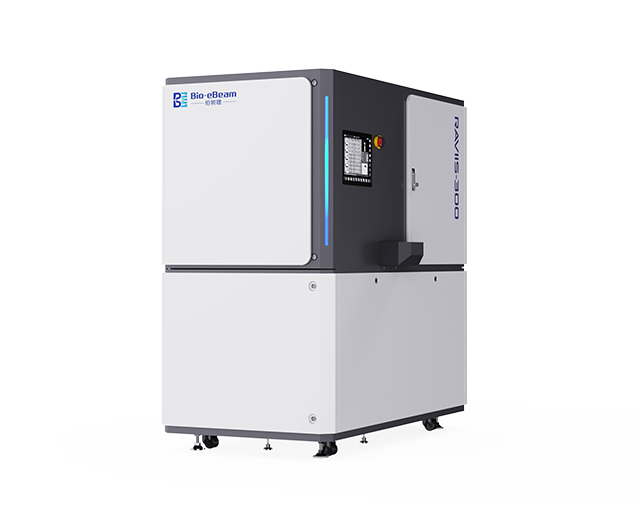Originating from Tsinghua, Supporting the Rise of Domestic Electron Microscopes - Celebrating the 15th Anniversary of the School of Life Sciences at Tsinghua University
2024-09-17
In the golden autumn of September, coinciding with the 15th anniversary of the establishment of the School of Life Sciences at Tsinghua University, the annual academic and development seminar of the school was held from September 27 to 29 in Xiong'an New Area. This seminar was jointly organized with the 17th Tsinghua University "Life Sciences, Medicine, Pharmacy" PhD Forum and the 763rd Tsinghua University PhD Academic Forum. Zhu Bing, Deputy Director of the Institute of Biophysics at the Chinese Academy of Sciences and head of the National Key Laboratory of Biomacromolecules, and Wei Wensheng, a professor at Peking University's School of Life Sciences and a researcher at Peking University's Biomedical Frontier Innovation Center (BIOPIC), Peking Future Gene Diagnosis High-Precision Innovation Center, and Peking-Tsinghua Joint Center for Life Sciences, were invited as special guests for this conference. Wang Xinquan, Secretary of the Party Committee of the School of Life Sciences at Tsinghua University, Dean Shi Songhai, faculty and staff from the School of Life Sciences, as well as nearly 300 student representatives from the School of Life Sciences, Basic Medical College, and School of Pharmacy attended the conference on-site. Dr. Fang Wei, founder and CEO/CTO of Ningbo Borui Si Electron Beam Technology Co., Ltd., as an invited Tsinghua alumnus, shared with guests and faculty members about the original intention of founding Borui Si for scanning transmission electron microscopy and its application prospects in the field of life sciences.
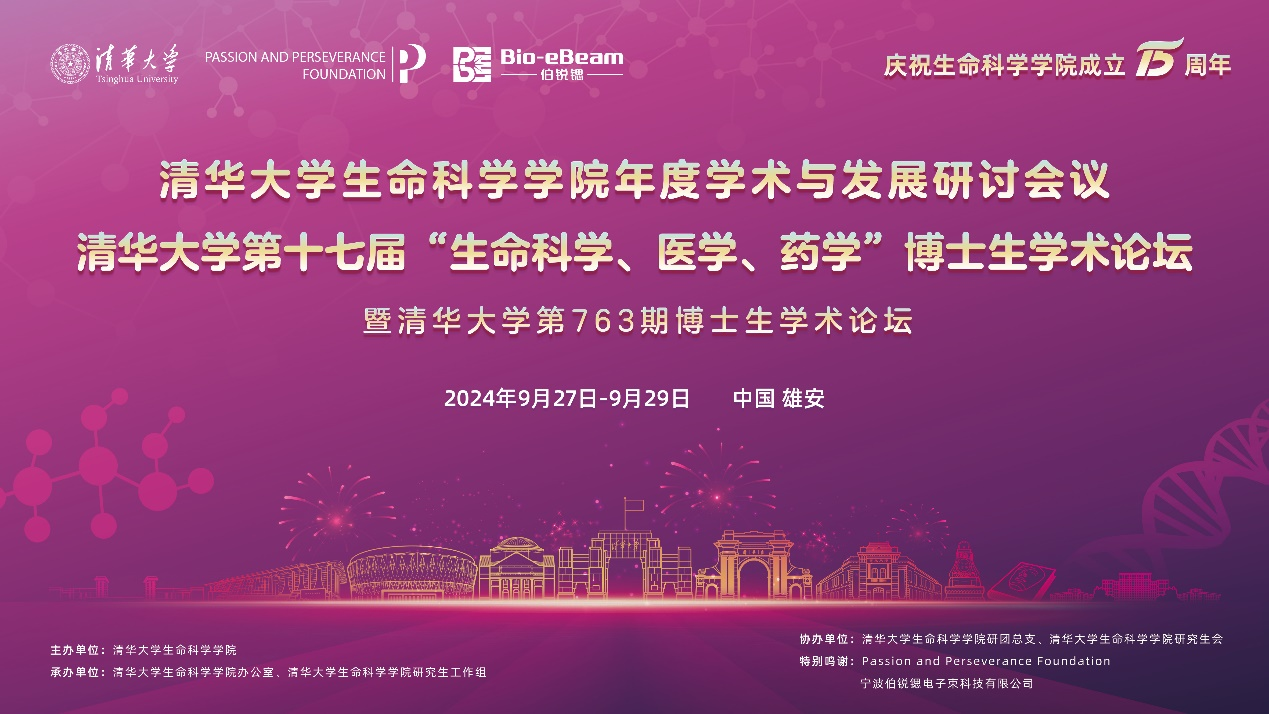
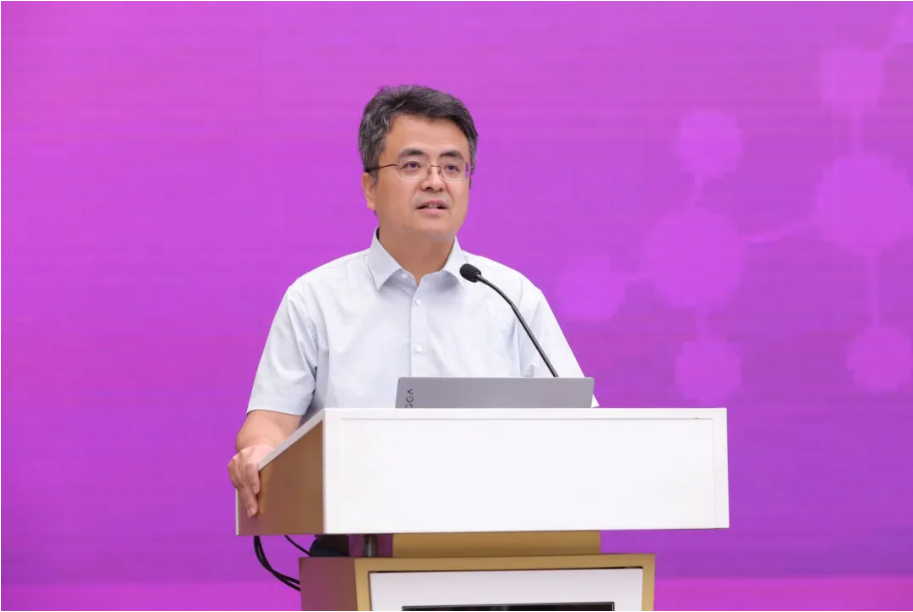
Wang Xinquan, Secretary of the Party Committee of Tsinghua University's School of Life Sciences, delivered the opening speech.
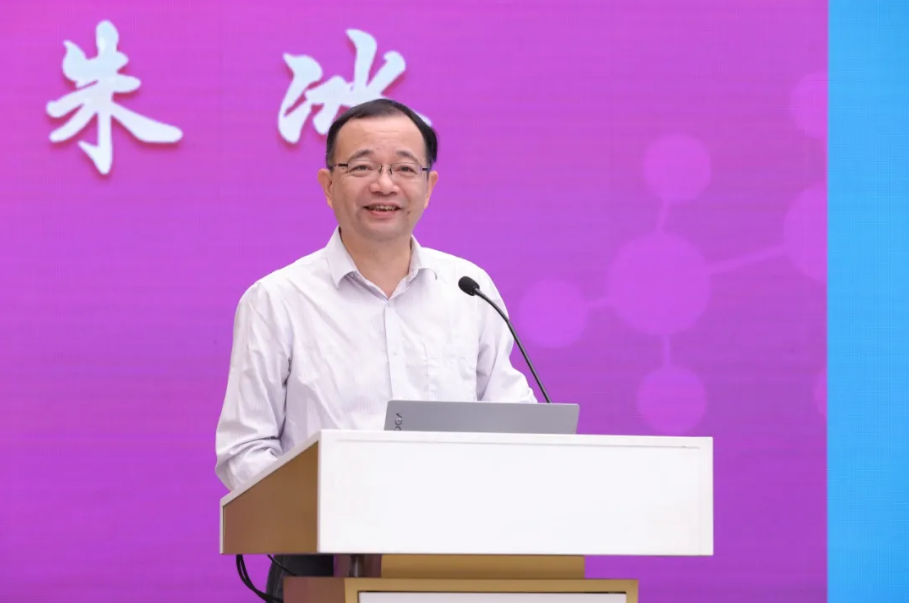
Zhu Bing, Deputy Director of the Institute of Biophysics at the Chinese Academy of Sciences, gave a special report.

Dr. Fang Wei, founder and CEO/CTO of Ningbo Borui Si Electron Beam Technology Co., Ltd., gave a sharing report.
The original intention for establishing Ningbo Borui Si: to solve the pain points in rapid automatic virus detection.
In early 2020, when the COVID-19 pandemic broke out, Dr. Fang Wei and another founder of Ningbo Borui Si, Mr. Chen Zhongwei, were very concerned about the domestic situation. When inquiring about the situation from a domestic friend, they learned that he and his team spent a week working overtime using instruments to detect viruses. This deeply moved both of them.
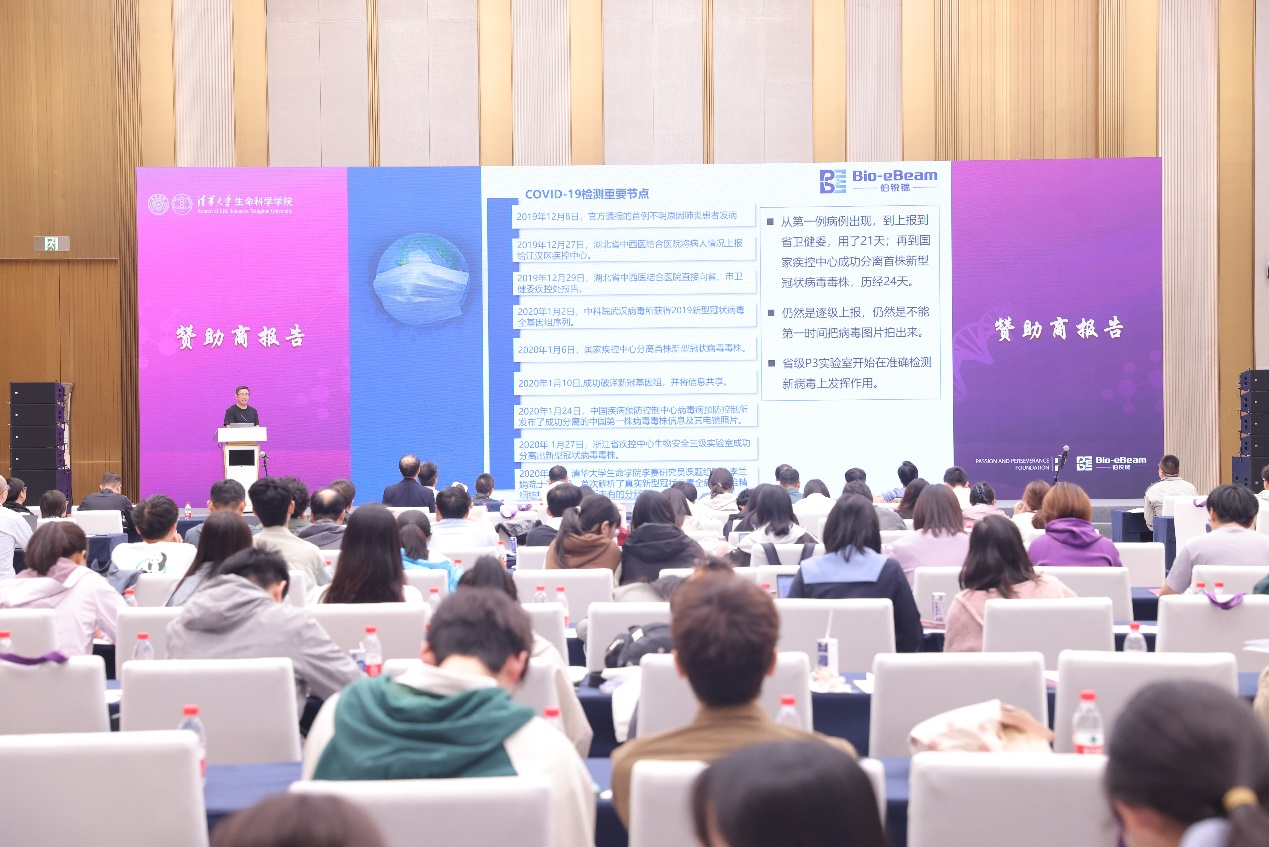
"We can easily detect defects in semiconductor automatic detection even if the content is as low as one part per million or ten million. Why can't we find viruses? And why can't we automate detection? It takes ten hours a day for manual testing." Thus, they decided to make some changes.
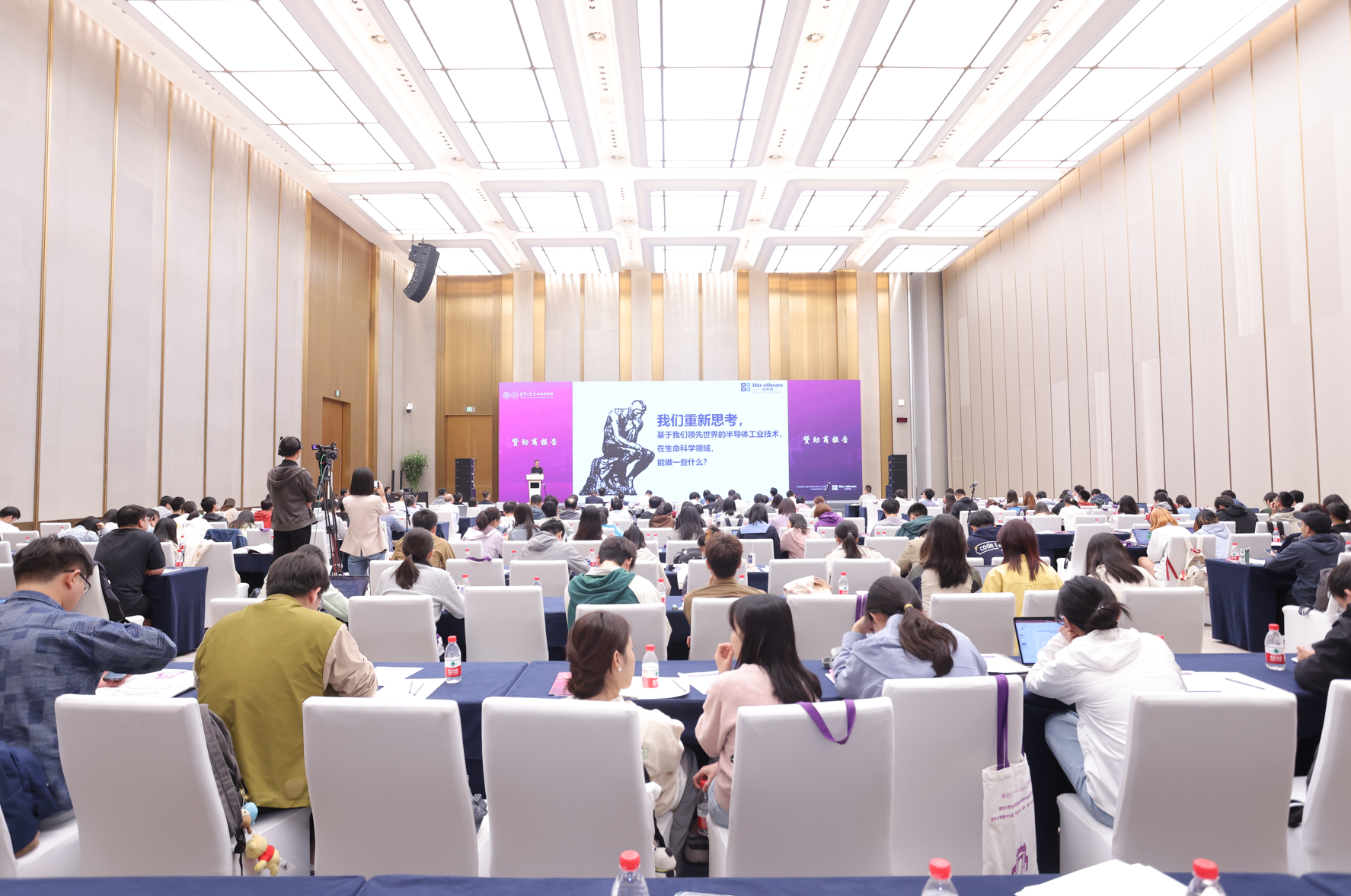
To put this idea into practice, Dr. Fang Wei and Mr. Chen Zhongwei quickly took action. As the United States also began to implement isolation measures, they frequently communicated via video calls; many patents for Borui Si started preparation during this time. During the R&D process, they raised three key questions: first, how to observe nanoparticles (viruses) with extremely low content in a short time and quantify them; second, whether manual methods could still be relied upon when faced with large and complex data volumes like those from Harvard's Neuroglancer; third, whether high-throughput and large-area imaging in pathological analysis could improve diagnostic accuracy. Based on these considerations, they decided to reintroduce semiconductor industrial-grade electron beam detection technology into life sciences.

The spread of the pandemic brought many inconveniences to their work. Since Singapore had not yet implemented strict lockdown measures at that time, they registered their company there. By 2021, Dr. Fang Wei and Mr. Chen Zhongwei returned to China; while looking for suitable places for development, a classmate of Dr. Fang Wei recommended Ningbo to them. Since Zhejiang is also their hometown, they quickly decided to establish Ningbo Borui Si Electron Beam Technology Co., Ltd.
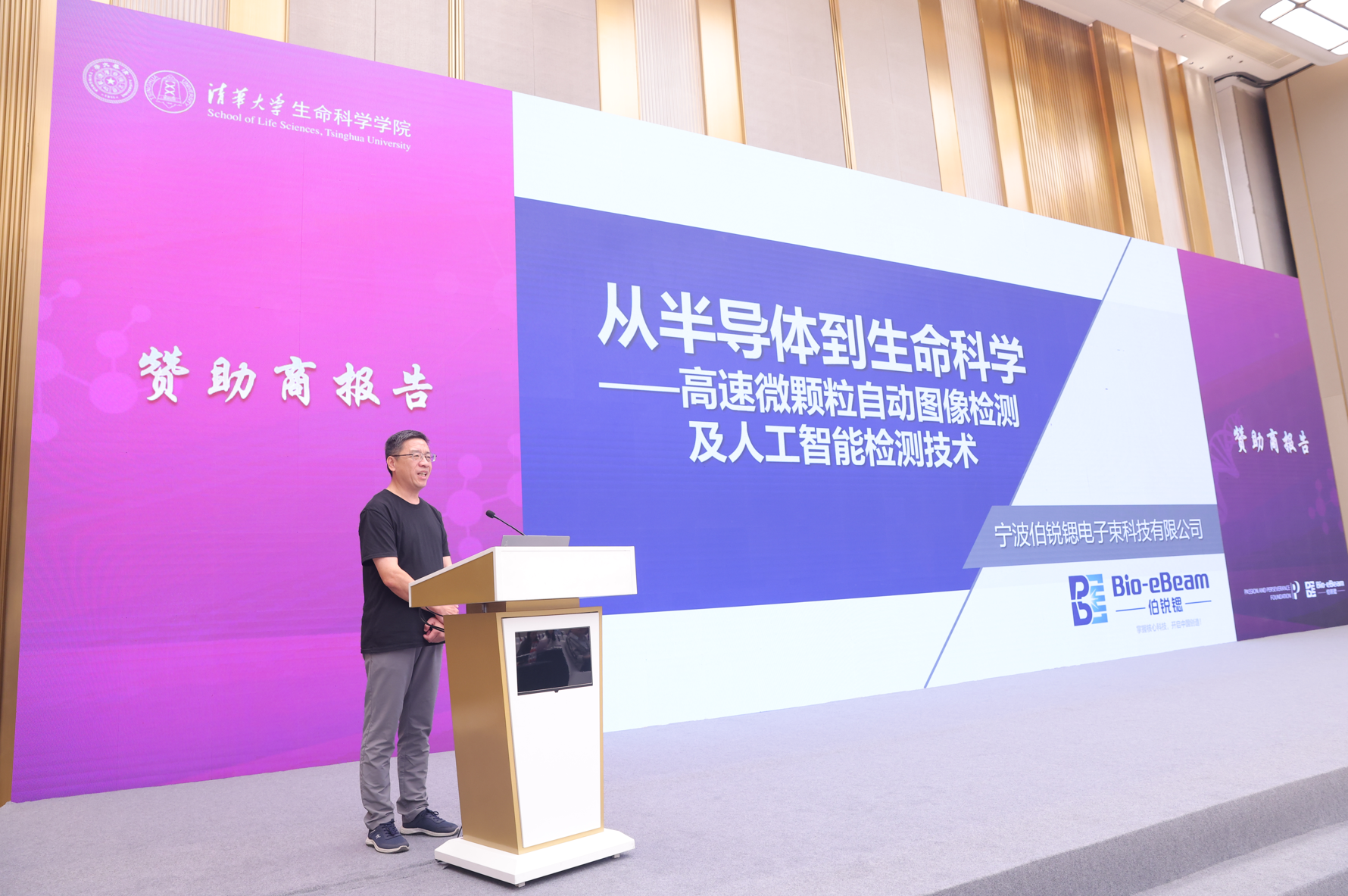
Ningbo Borui Si's first-generation core product: High-speed Field Emission Scanning Transmission (STEM) Electron Microscope RAVIIS-300.
The first-generation core product launched by Ningbo Borui Si—RAVIIS-300 is China's first single-beam field emission scanning transmission electron microscope that achieves a high imaging speed of 2×100M/s. It has both bright field and dark field channels with fully automatic sample loading capabilities for continuous image acquisition 24/7 for seven days. In terms of resolution, RAVIIS-300 does not pursue extremes but is positioned at 1nm. The 50kV electron gun not only reduces material costs but also minimizes sample loss, ensuring broad applications for biological samples.
The unique immersive electromagnetic compound lens system of RAVIIS-300 allows for rapid switching between large fields. That is to say, it allows users to first capture a low-resolution image in a large field before switching to high-resolution images at any point. This technology not only ensures image quality but also greatly improves scanning efficiency. The modified sample platform can track information related to transport, transfer, storage, etc. The patented anti-vibration motion platform can reduce noise generated by vibrations thereby improving image resolution. In terms of software, RAVIIS-300 has added real-time AI processing capabilities that synchronize scanning with image processing, saving users a lot of time.
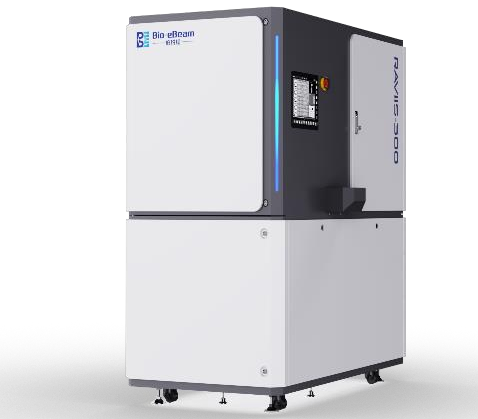
High-speed Field Emission Scanning Transmission (STEM) Electron Microscope RAVIIS-300.
Dr. Fang Wei mentioned: "For example, hospital users need to learn medical knowledge as well as electron microscopy and AI technology; many grassroots or local hospitals simply do not have this capability. RAVIIS-300 significantly lowers the usage threshold and alleviates this pain point. We have already delivered instruments; after about half an hour's introduction by engineers, users can start operating it.""
Ningbo Borui Si's future goal: Focus on life sciences and solve practical problems for users with world-leading products.
Dr. Fang Wei concluded: "Now established electron microscope companies have been around for seventy or eighty years with very strong capabilities. Without unique technology or achieving excellence in products, it is easy to be defeated. Therefore, to establish a foothold in the market requires looking at problems from another angle: can we solve some actual problems for users? If they haven't done it yet, then we will."
"Our products will continue to move forward; however, Ningbo Borui Si will definitely focus on life sciences. In this field, can we reclaim our position as world number one? That is our goal."
More information
Contact Information
E-mail:Contact@bio-ebeam.com
Telephone: 86-574-86590910
Address:First and fifth floors, Building 20, Chuange Huigu, 777 Zhongguan West Road, Zhuang Street, zhenhai district City, Ningbo City, Zhejiang Province

